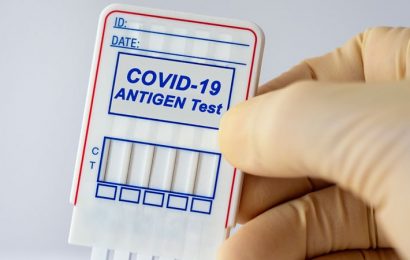
Sooner or later, each of us gets sick. On average, American adults get two to three colds a year, according to the Centers for Disease Control and Prevention. And there are plenty of other viruses still circulating right now, including the flu, and of course, what’s on everyone’s mind—COVID-19, the disease caused by the new coronavirus. There is a lot of information about how to prevent infection, but many people are confused about how to care for themselves if they get sick.
With that in mind, we asked Jaimie Meyer, MD, an infectious disease doctor treating patients with COVID-19, to tell us about the five things she wishes everyone would do when they are sick.
1. Keep track of your symptoms
Consider keeping a journal or notes on your phone, especially to keep track of dates. For example, it is helpful to know what day/time you spiked a fever (and how high it went), or when you started coughing and what types of things made your cough better or worse. Don’t feel you need to include every detail, just jot down enough info so that your doctor can make informed decisions about your care.
2. Call your doctor
If you can’t get in touch with your primary care doctor right away, don’t panic. For mild symptoms, it’s reasonable to leave a message for the doctor or his/her nurse and wait for a call-back. Not everything is an emergency. If you can, you might consider messaging your doctor directly through your electronic health record, like MyChart.
3. When your health care provider calls you back, please answer the phone
Be mindful of your health care provider’s time. If you are calling, he or she probably has 10 other patients who are calling, too. Make the call efficient. This is the time to make good use of the data you noted about symptoms. Be specific about what started when, what types of things have made it better or worse, and whether you may have been exposed to someone who is ill. If a covering (or on-call) health care provider is returning your call and doesn’t have access to your electronic health record, make sure to tell them what other medications you are taking because it may change the treatment strategy.
4. Listen to your body and pay attention to your symptoms
Notify your health care provider if your symptoms get worse—if you have trouble breathing, for example—you may need to go to the hospital for further evaluation. This is not the time to be “Dr. Google” or to take matters into your own hands by trying various home remedies. Misinformation can cause people to panic or to downplay how sick they are. Your best guidance is from your health care provider.
5. Take extra care of yourself
Source: Read Full Article


